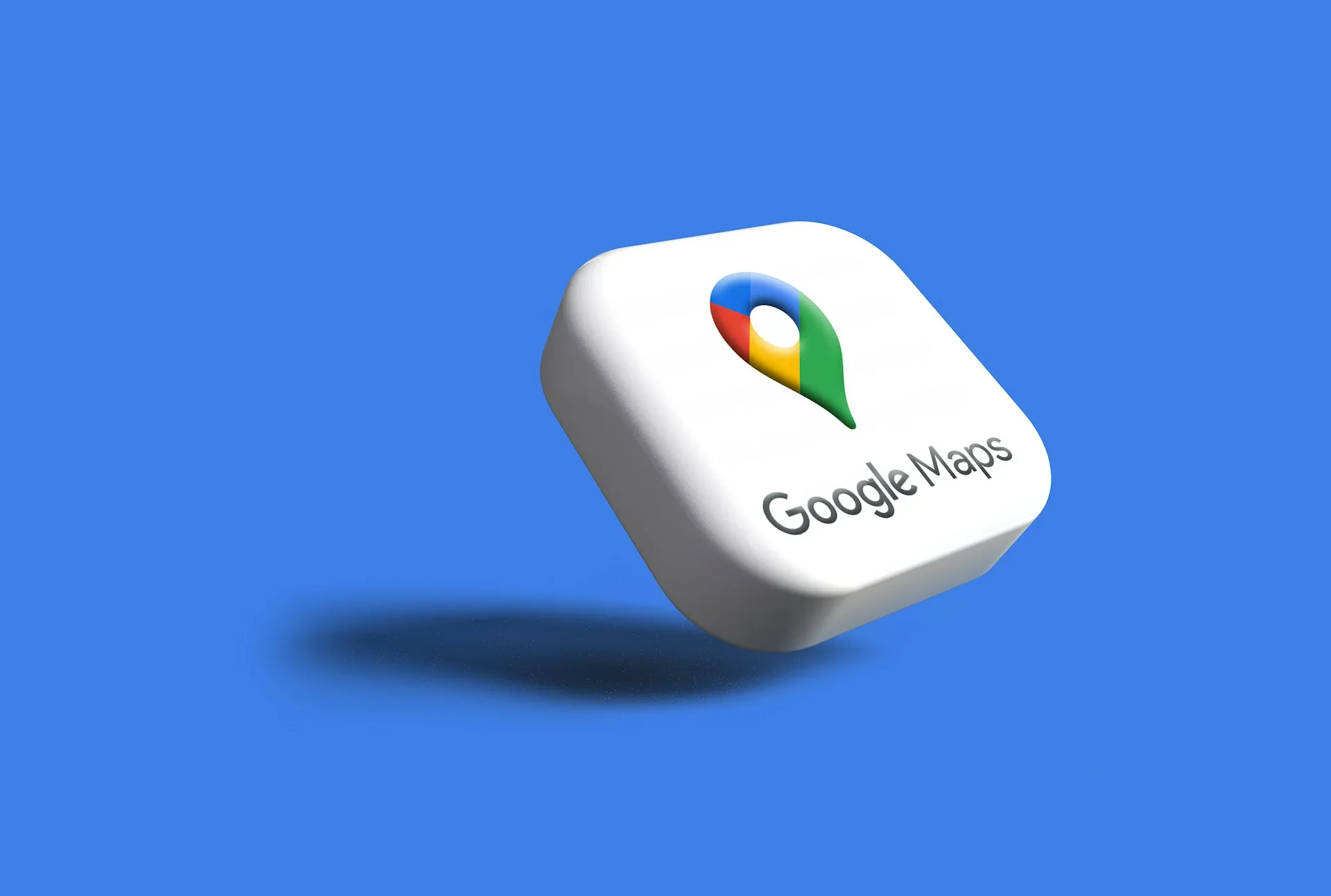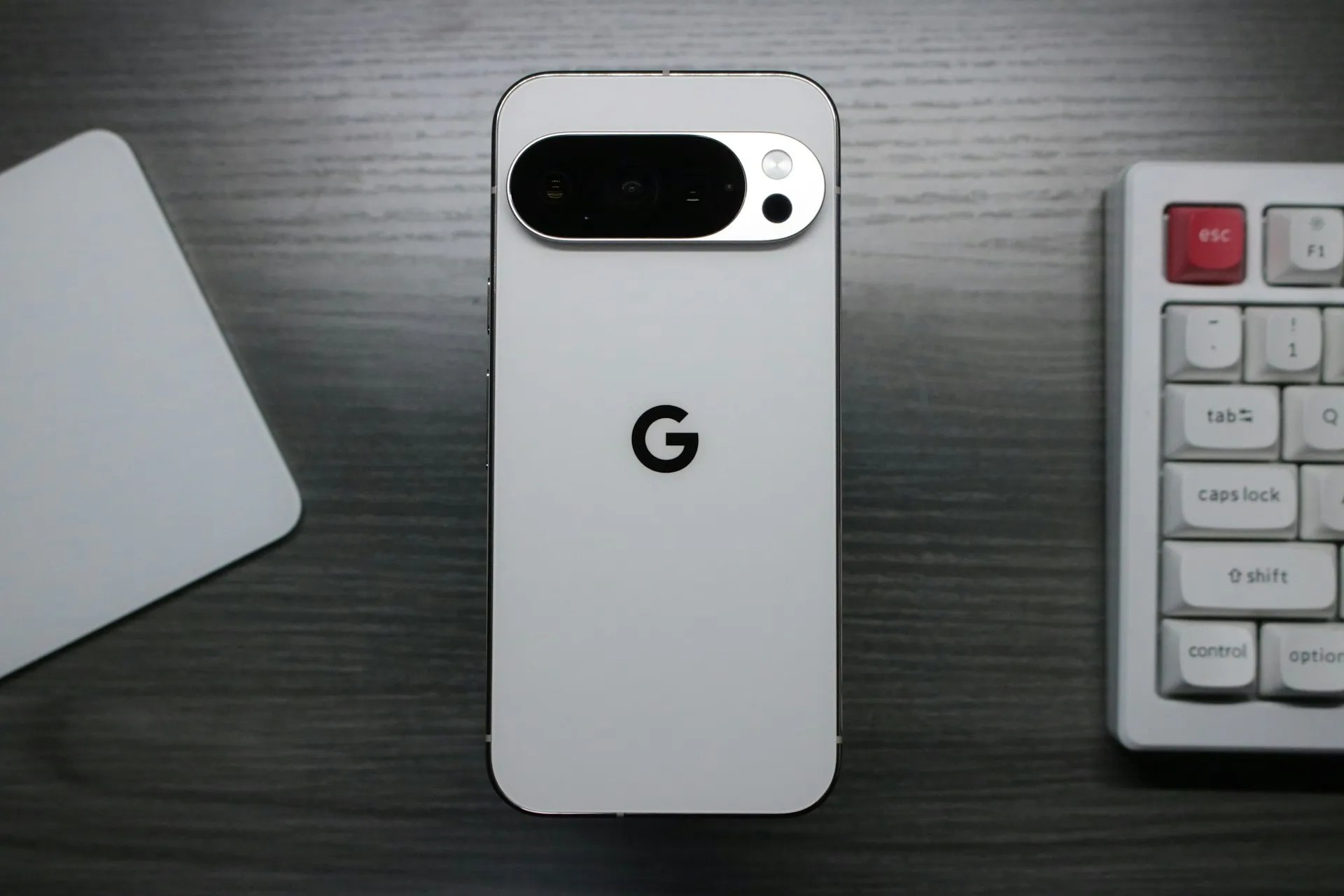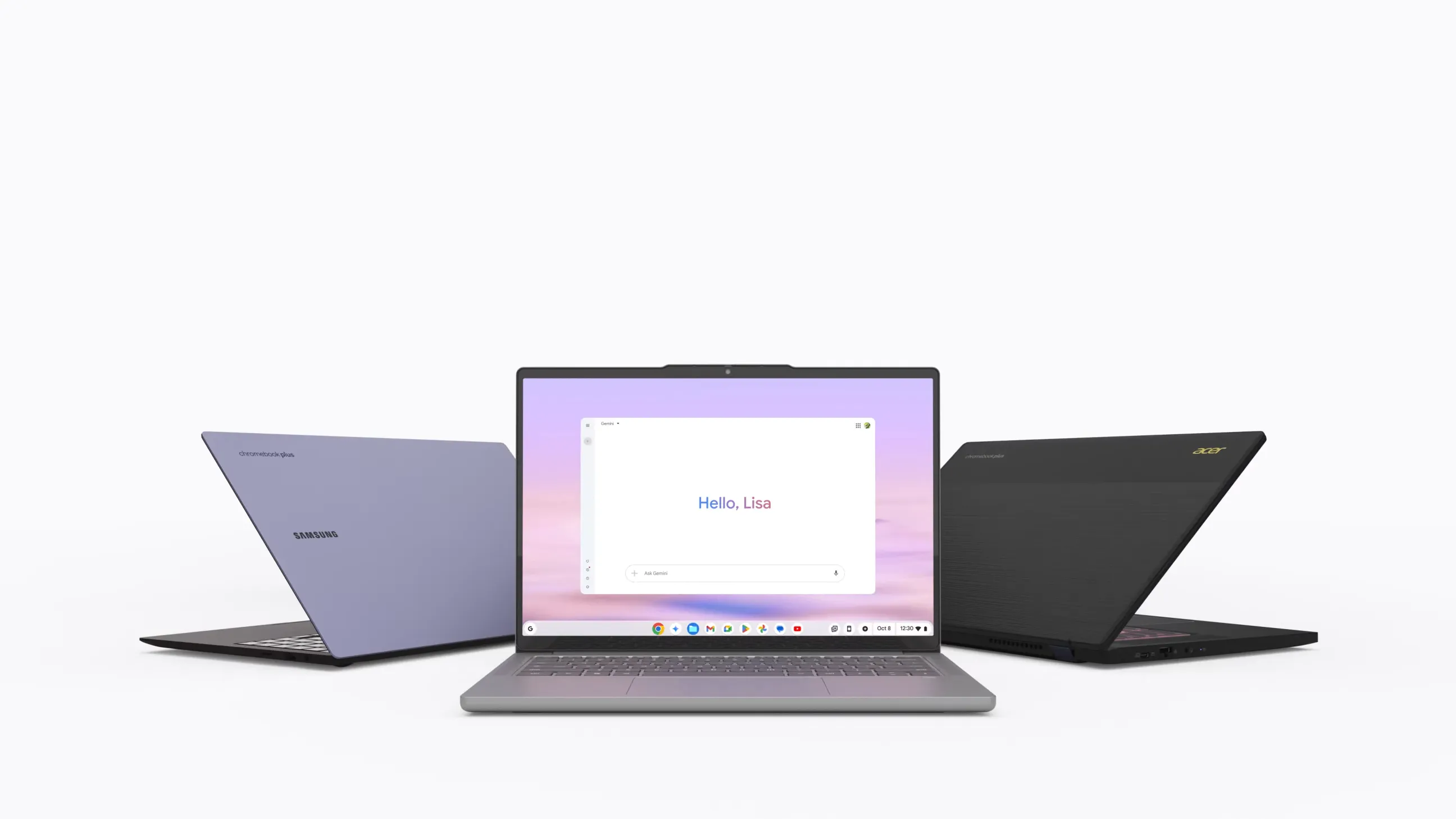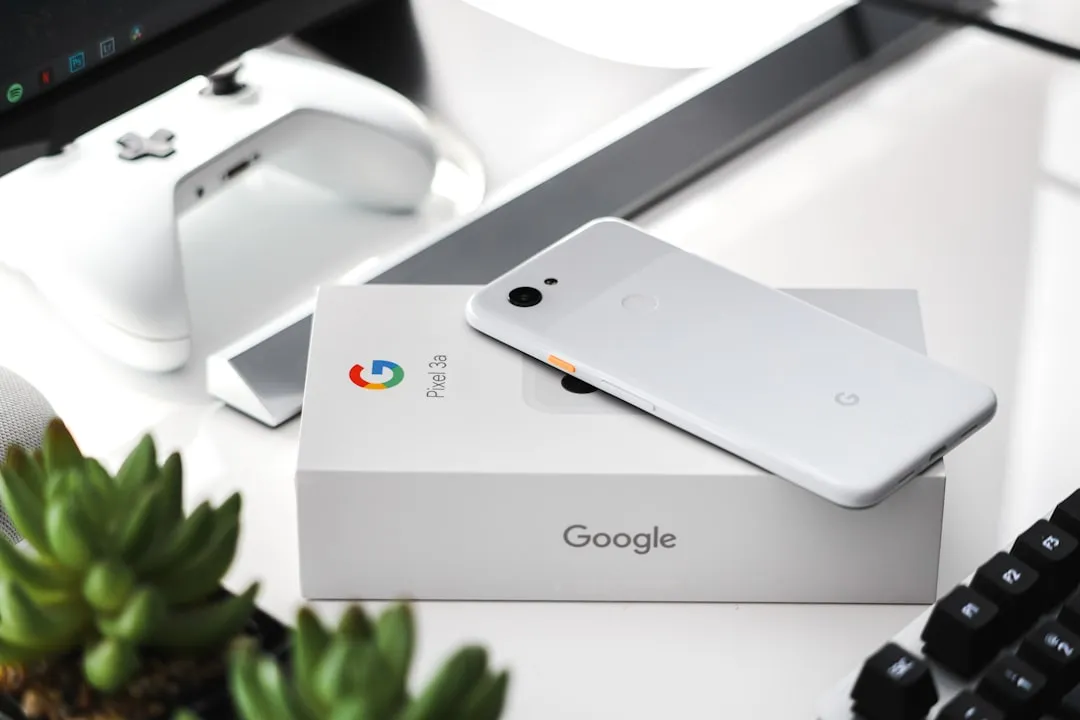Verizon Wireless executives recently cooked up a plan so devious that it could have only come from one of the four major US carriers. Apparently, they aren't satisfied with simply loading every Android device they sell with their ownbloatware, so now they're reaching out to big brands to see who would be the highest bidder for a spot on your home screen.
Imagine purchasing a brand new $700 smartphone, eagerly unboxing it, then being greeted by apps that only exist to serve as advertisements—things like Coca-Cola Freestyle and Pepsi Pass. No brand participants have been announced yet, but Verizon's hoping big companies will pay them $1 to $2 per phone to have their apps pre-installed on your next device.
Brandware Made Possible by Android's Openness
You can't really fault Verizon here—after all, if a conglomerate isn't nickel-and-diming you, what else would they do? If this brandware plan works as intended, they stand to make billions of dollars, and that's the ultimate goal in the game of capitalism.
Truth be told, most of the blame lies on Android's open-source code base. Unlike iOS, carriers can freely access and modify the Android operating system, which is how concepts like bloatware and brandware exist in the first place.

Conceptual render of the 2017 Verizon Droid SuperMaxx Turbo HD's home screen. Specific brands that are participating in the program haven't been announced yet, so this mock up is pure conjecture at this point.
With Android, carriers can simply dump a bunch of apps onto the system partition while they are installing the stock firmware on your device. Once files are on this partition, they can't be removed without Superuser access, so you can't uninstall them unless you go through the risky process of rooting your brand-new phone.
On the bright side, Verizon's brandware plan won't dump these apps into the system partition, so you should be able to uninstall them without rooting.
Ironically enough, Google's own latest anti-bloatware approach may be to blame for this. With Android Marshmallow, Google introduced a new "vendor" partition as a compromise to allow manufacturer and carrier tinkering but also satisfy the customer. This partition can be used to house all of the bloatware apps that a carrier could dream of, but the end user would at least be able to uninstall them.
Thinking that carriers wouldn't use this new vendor partition if it meant their bloatware apps could be uninstalled, Google came up with a compromise: To install apps here, the carrier wouldn't have to do any tinkering with the phone beforehand, and instead, Android would automatically download the apps for them while the user completed initial setup.
Well, this tactic worked, apparently, as Verizon would be using this exact process to install their brandware partner apps. We don't know much else about how the program will work—or which brands will take Verizon up on their offer. It's a pretty nice deal, though, since it would get them millions of additional downloads in the Google Play Store.
The true irony of this whole idea is that the very thing that draws people to Android—its openness and customization—simultaneously is what sticks these annoying forced ads and carrier apps onto your phone. With a controlled and restrictive system like Apple's iOS, none of this is possible.
But the next time you walk into your local carrier store, don't be surprised if someone tries to fold you up and stick you in their wallet. It's becoming clear that Verizon sees Android users as human-shaped, walking dollar signs.
- Follow Gadget Hacks on Facebook, Twitter, Google+, and YouTube
- Follow Apple Hacks on Facebook and Twitter
- Follow Android Hacks on Facebook and Twitter
- Follow WonderHowTo on Facebook, Twitter, and Google+
Cover image and screenshot by Dallas Thomas/Gadget Hacks

























Comments
Be the first, drop a comment!